Choice Based Credit System
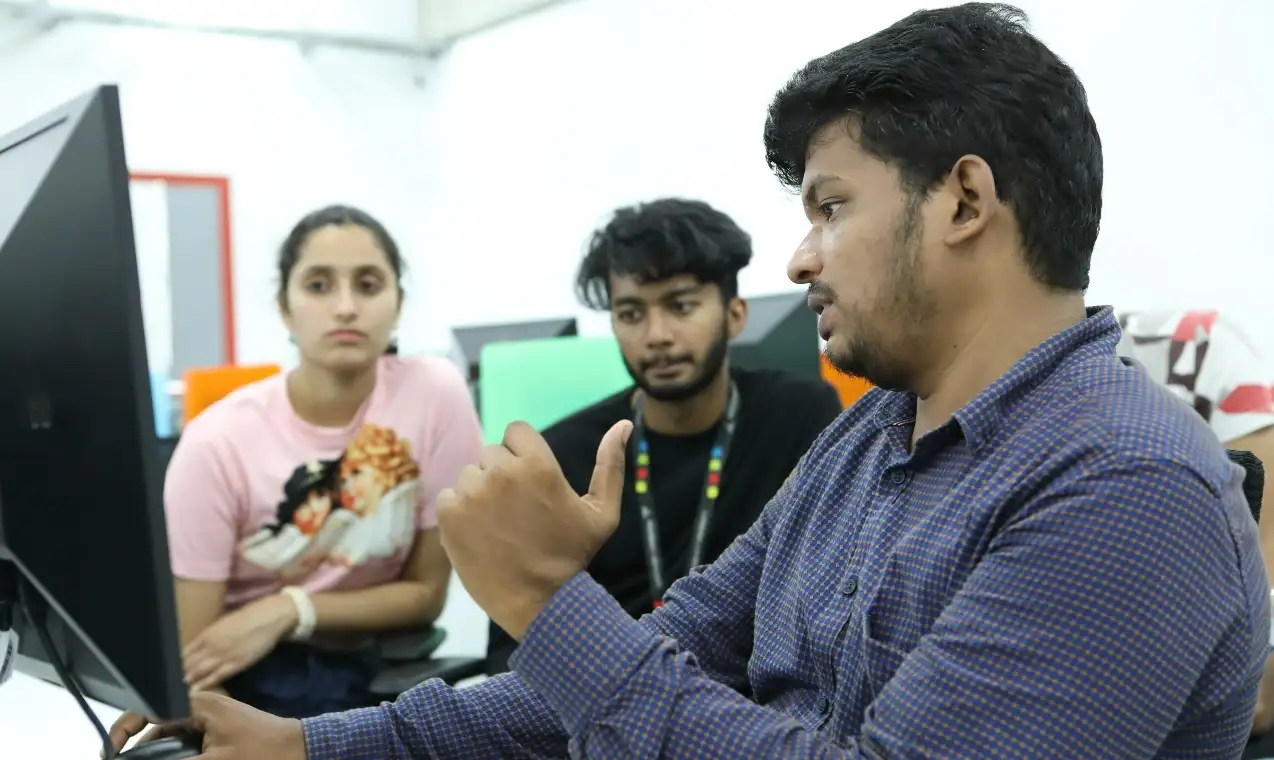
Presidency University is continuously striving to provide high-quality, contemporary education to its students. In line with the dynamic nature of the higher education sector, the university has transitioned to the Choice Based Credit System (CBCS) from the academic year 2021–22, starting with the first-year batch.
The CBCS curriculum framework is well-structured and comprises school core courses, program core courses, discipline electives, and open electives. Additionally, projects are included to reinforce learning outcomes through experiential learning.
The knowledge and skills acquired through this model of higher education provide students with a platform to apply them to real-time problem-solving. Under CBCS, students take responsibility for learning what is closest to their hearts, and teachers facilitate the transfer of knowledge and associated skillsets.
50+Programs
Outcome-Based Education
The outcome-based education adopted by Presidency University ensures that students have a broad knowledge base across disciplines along with a deep understanding of the subjects studied.
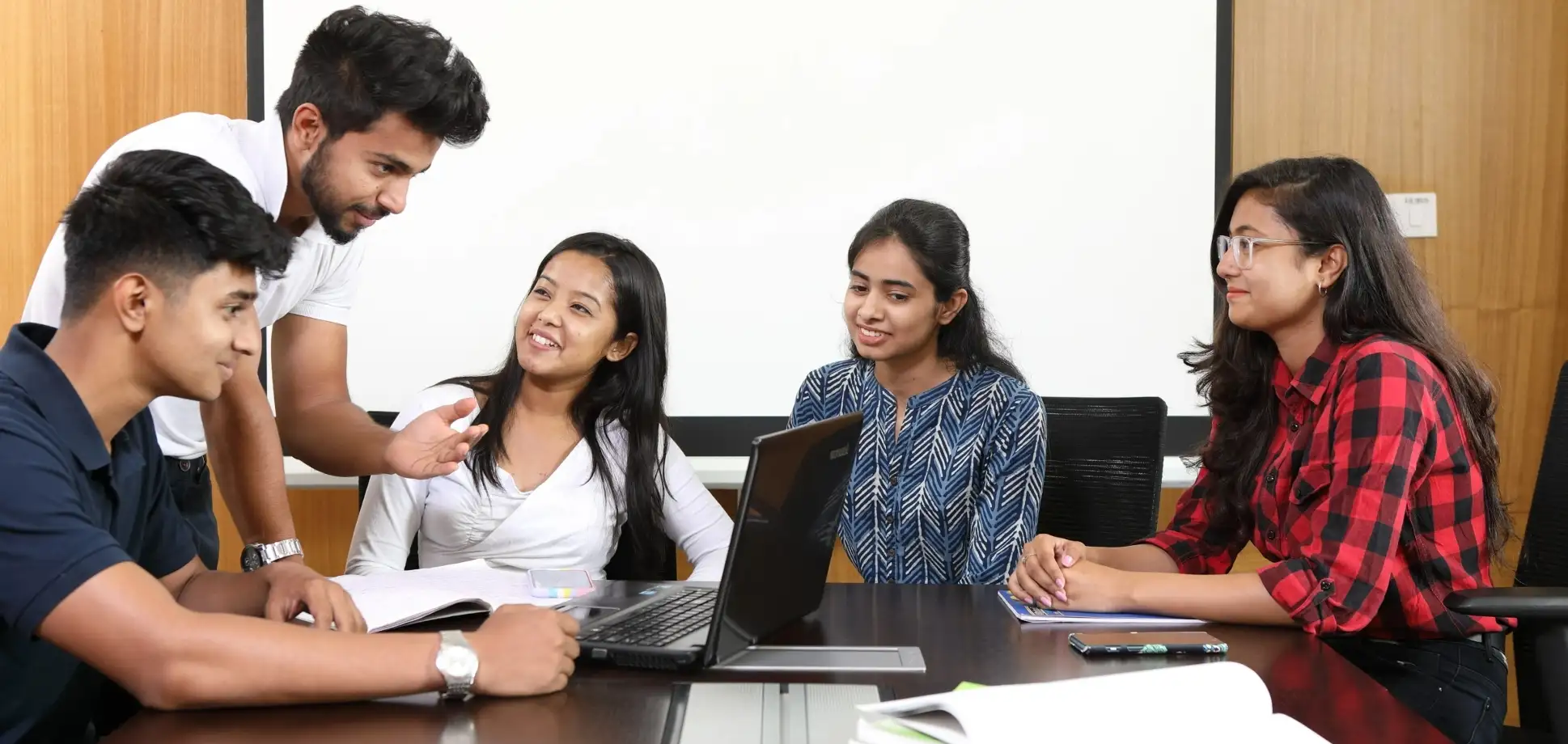
The CBCS model aims to develop critical thinking and the ability to apply knowledge gained to real-world situations. Students are taught the importance of continuously upgrading their knowledge and skill sets.
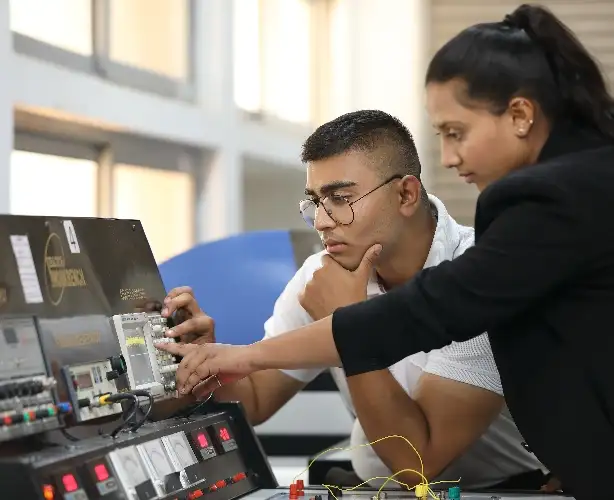
Multidisciplinary Approach
In line with the recommendations proposed by NEP 2020, students at Presidency University are exposed to a multi-disciplinary approach to education.
They have the opportunity to choose courses of interest from relevant and contemporary course baskets, allowing them to create a portfolio of courses that not only supplement their core courses or discipline electives but also complement each other. In short, learning here does not remain confined within the narrow boundaries of a particular discipline.
Life Skills
Graduates who pass out of the University should not only be industry-ready but also life-ready. The knowledge gained within the four walls of the classroom should be transferred to the wider world as students get trained in life skills, a crucial requirement proposed by NEP 2020.
Graduates need to gain practical experience in life skills and should be able to carry out daily tasks with equal aplomb.The Life Skills program at the University is so designed that every student completes twenty activities during the duration of their stay at the university.
Activities are chosen across disciplines, making it a unique multidisciplinary initiative. Faculty are drawn from different disciplines, and the duration of each activity could range from 30 to 90 minutes, depending on the activity itself.
200+square-foot laboratory exclusively devoted to life skills helps students get hands-on experience.
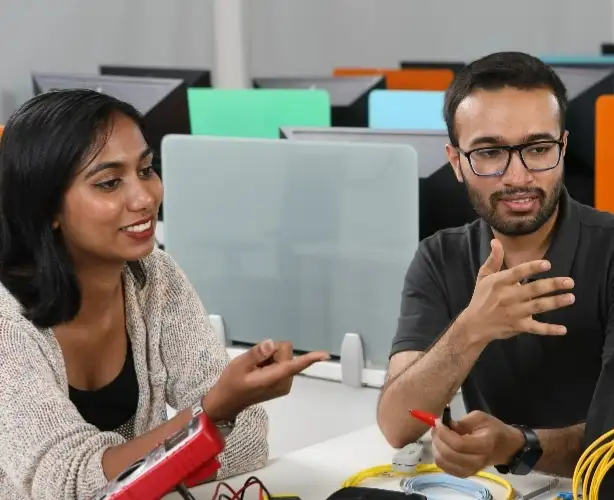
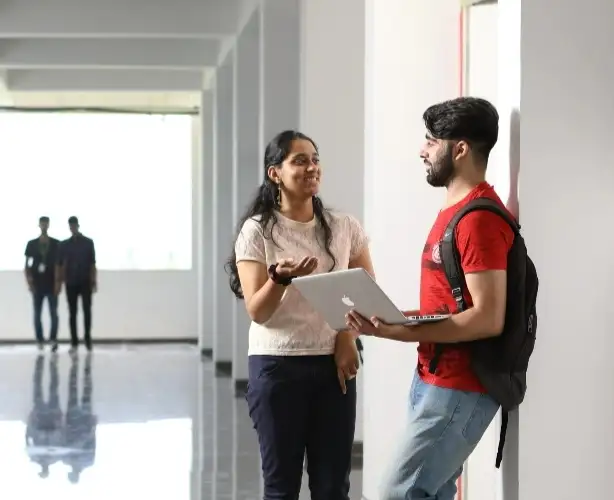
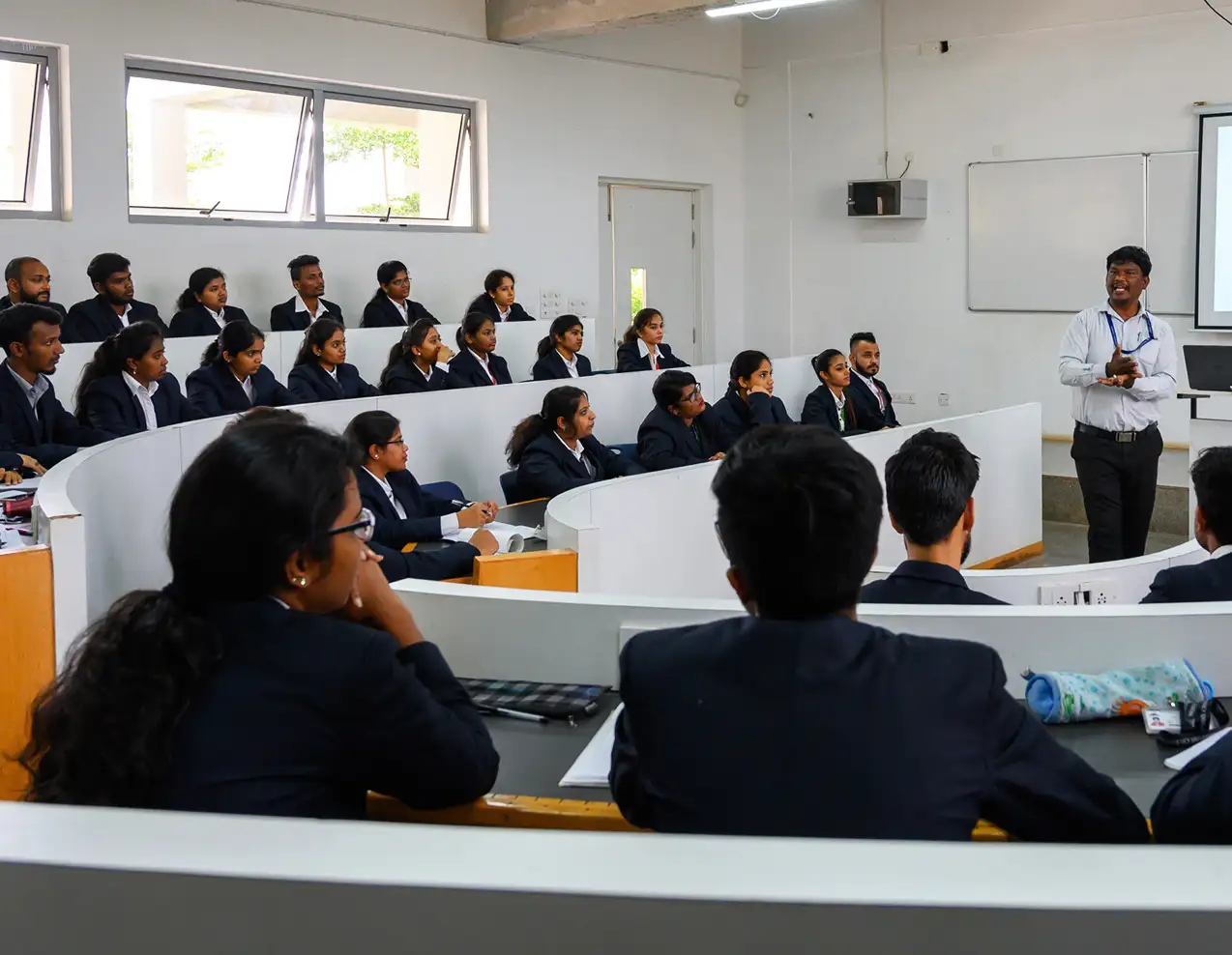
In the pilot phase, the program is offered to students from the School of Engineering, and subsequently, it will be open to students from all schools and all disciplines.
Presidency University recognizes that faculty serve as role models for their students, who often rely on them for guidance. To ensure each student receives the support they need, the University assigns a faculty member to act as both a mentor and an advisor. This mentoring program is a structured activity, with the faculty keeping a record of their discussions with students.
Faculty are responsible for addressing all issues related to their mentees and ensuring that any concerns are fully resolved.
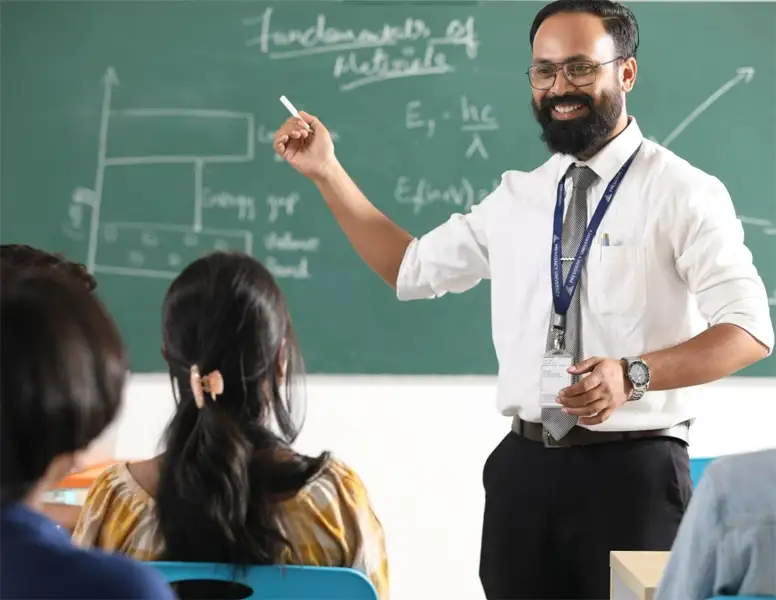
Presidency University has put in place a basic mechanism to identify students with advanced learning abilities in each cohort or class. These students will be assigned to smaller groups of students to act as mentors and assist them with classroom assignments or any other issues they may encounter. As this program progresses, a more structured format that involves assigning senior students as mentors to dedicated junior students starting in their first year of enrollment will be established.
This will provide a more consistent and structured approach to mentoring, which will benefit both the junior and senior students involved.

Guest Speaker Sessions
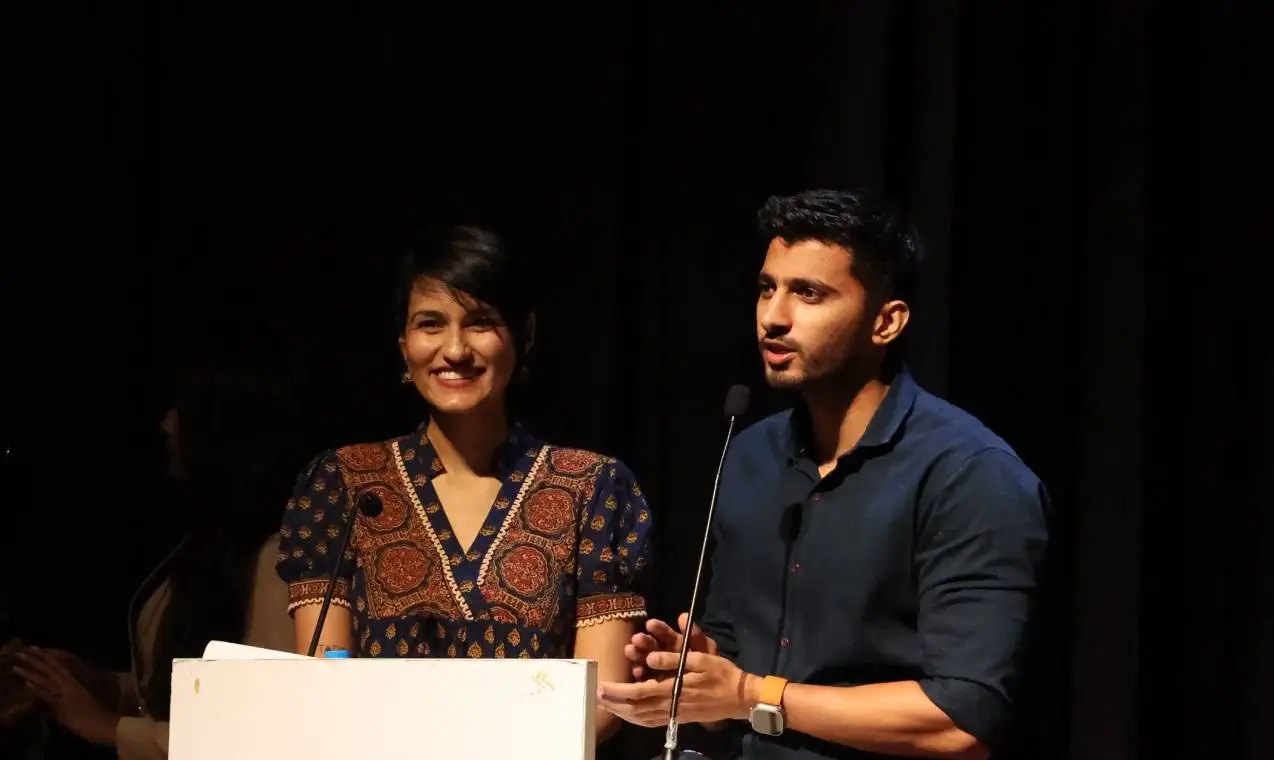
Presidency University strives to provide students with the opportunity to listen to talks by renowned industry leaders as well as experts from reputed universities and research institutes.
The objective of this initiative is to familiarize students with the industry's outlook on different aspects of their field of study.
During these sessions, students can engage in direct interaction with domain experts to bridge the gap between their theoretical understanding of the subject in classrooms and the practical experience of professionals.













 Rajanukunte, Yelahanka, Bengaluru, Karnataka, Pin: 560119, India
Rajanukunte, Yelahanka, Bengaluru, Karnataka, Pin: 560119, India
 +91 9022092222
+91 9022092222